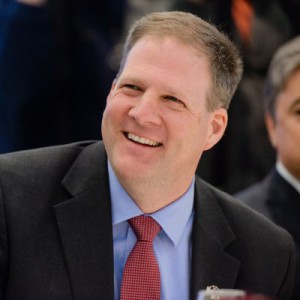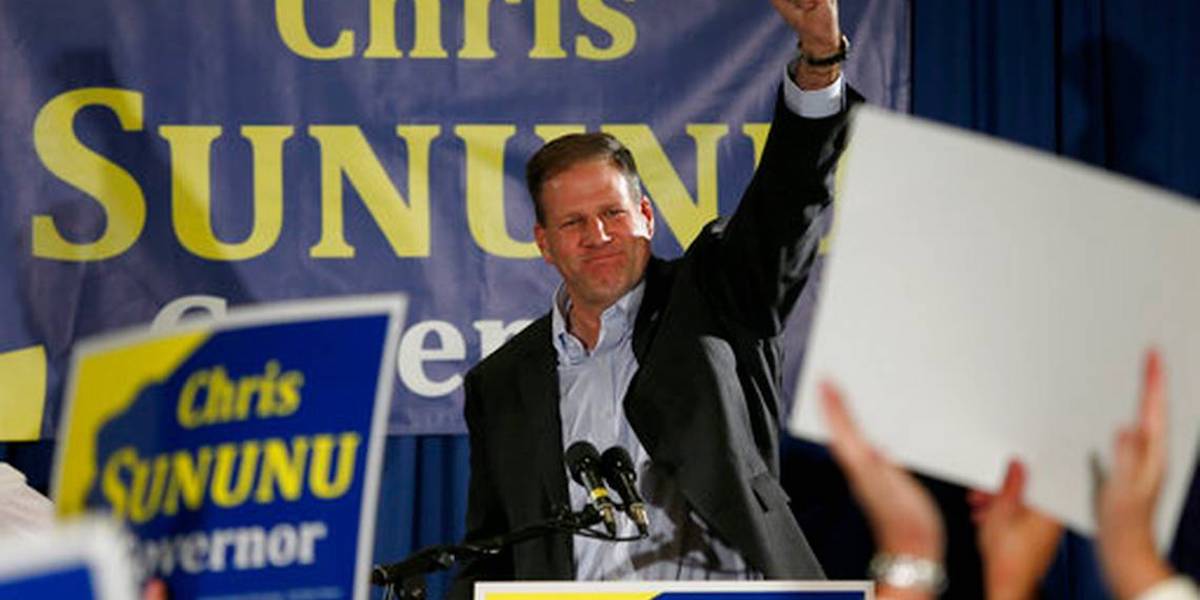
Washington, D.C., March 10 – While nationally 111,804 jobs were gained by people with disabilities, 676 people with disabilities in New Hampshire exited the workforce last year. New Hampshire now ranks 15th in the nation for employment rates of people with disabilities with 36,069 of the 84,234 working-age (18-64) New Hampshirites with disabilities being employed. The newly published 2018 Annual Disability Statistics Compendium shows New Hampshire has a 42.8 disability employment rate.
In the weeks prior to his 2018 re-election, Governor Christopher Sununu made new commitments on jobs for people with disabilities in a proclamation sent to RespectAbility in October in honor of Disability Employment Awareness Month. RespectAbility is a nonpartisan, nonprofit national organization working to end stigmas and advance opportunities for people with disabilities.
“People with disabilities bring a diverse array of talent, vision, and skill to their place of work, their communities, and our state,” said Governor Sununu in the proclamation. “With a growing economy, businesses need talented employees to meet their needs and workplaces that welcome the talents of all people, including people with disabilities, and help to create more inclusive workplaces and a stronger economy.”
New Hampshire also launched a job training initiative targeting people with disabilities. Recognizing that people with disabilities had become a separate entity of unexplored capabilities. With consideration for people with disabilities eager to work, companies are called to “focus on inclusion” along with “taking advantage of the skills and expertise” people with disabilities are capable of delivering. By demonstrating the willingness to work, New Hampshirites with disabilities would be trained to be eligible for potential employer-employee matching.
“Our nation was founded on the principle that anyone who works hard should be able to get ahead in life,” said Hon. Steve Bartlett, current Chairman of RespectAbility, who co-authored the Americans with Disabilities Act when he was in Congress. “People with disabilities deserve the opportunity to earn an income and achieve independence, just like anyone else.”
A National Issue
Beyond New Hampshire, how is the workforce changing for people with disabilities? What is driving these changes? The answer is simple. According to Vincenzo Piscopo of the Coca-Cola Company: “People with disabilities bring a unique skill set that it is very valuable for companies.” He went on to add, “As it relates to employment and competitiveness in the workplace, we have to stop thinking of disability as a liability and start thinking of it as an asset.”
Brand-name companies such as JP Morgan Chase, Coca-Cola, Ernst & Young, IBM, Walgreens, Starbucks, CVS and Microsoft show people with disabilities are successful employees. These companies also know that these workers improve the bottom line. “People with disabilities bring unique characteristics and talents to the workplace,” said RespectAbility President Jennifer Laszlo Mizrahi. “Hiring people with disabilities is win-win-win for employers, people with disabilities and consumers alike.”
As more companies hire employees with disabilities, conversations are shifting to focus on inclusion. “Disability inclusion is no longer about automatic doors, curb cuts, ramps, and legislation,” says Jim Sinocchi, Head of the Office of Disability Inclusion at JP Morgan Chase. “Today, the new era of disability inclusion is about “assimilation” – hiring professionals with disabilities into the robust culture of the firm.”
According to the Census Bureau, there are more than 56 million Americans living with a disability. Disabilities include visible conditions such as spinal cord injuries, visual impairments or hearing loss and invisible disabilities such as learning disabilities, mental health or Autism.
An Election Issue
Voter research, conducted by RespectAbility, shows how disability issues connect to all aspects of American life. “Fully three-quarters of likely voters either have a disability themselves or have a family member or a close friend with disabilities,” said former Representative and Dallas Mayor Steve Bartlett. “People with disabilities are politically active swing voters, and candidates should take note of the important issues they care about.”
As 2019 moves into 2020 and the political campaign season heats up, continuing job growth for people with disabilities will be a crucial indicator of the health of the American economy.

Be First to Comment